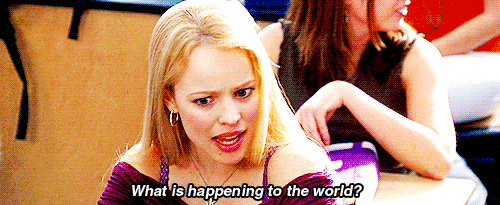Last week, BuzzFeed’s new books editor, Isaac Fitzgerald, said something outrageous: He would not be publishing negative reviews. “Why waste breath talking smack about something?” he told Poynter. “You see it in so many old media-type places, the scathing takedown rip.”
Cue the scathing takedown rips! Gawker’s Tom Scocca was quick to note that Fitzgerald’s previous job was as director of publicity at McSweeney’s. “Publicity is a job where you try to help people become interested in books and feel positively toward them, so that they buy books and the books’ authors feel successful and everyone enjoys things very much,” Scocca snarked. “In some sense, it could be argued that the publicist is the best friend that books have. Now BuzzFeed will also be a good friend to books. This is very nice news.”

“I’ve worked for places where clickbait was the thing,” Fitzgerald–who, full disclosure, is a friend of mine–told me over the phone. “What I love about BuzzFeed is sharing is the thing. With clickbait you feel like you got tricked, whereas I think BuzzFeed really works hard to get you to click and be satisfied by what you get and share it with other people. You don’t want to disappoint your reader because you want them to tell their friends.” He adds that while he most recently worked as the publisher of McSweeney’s, prior to that he ran the literary website The Rumpus for several years–a place that was more about creating a community of writers and lit-lovers than publishing reviews for readers.
It would be rather crazy to take this positivity-oriented editorial approach at, say, The New York Times Book Review section–which publishes almost exclusively book reviews. “Other places do that and other places do that great,” Fitzgerald says. “I read The New York Times Book Review every week. [Its editor] Pamela Paul is my jam! That’s the wonderful thing about the internet: There’s room for all of them.” The explicitly positive tone is one way to set BuzzFeed’s vertical apart from the plethora of other literary sites and reviews sections.
It doesn’t make sense to pledge positivity if the aim of your publication is to provide readers with critics’ takes on new books. It makes more sense if your aim is to cultivate a thriving community where both readers and writers discuss books together. From an editorial standpoint, section editing is about creating a specific tone and an environment, a unique approach to whatever it is you’re covering. BuzzFeed books would fail if it tried to outright mimic the Times book review.
And in reality, positivity sets an incredibly high bar. It might be friendlier to advertisers, but it isn’t always great at drawing clicks. Takedowns are easy, both from a writing and a traffic-luring perspective. They’re better at sparking vitriolic debates in the comments section, which bring incensed readers back again and again.
Of course, the proof will be in what BuzzFeed actually publishes and whether Fitzgerald can create an editorial environment that is challenging and interesting without the negativity. One of the lessons I learned when I was editor of GOOD magazine was that readers–not just advertisers–really do like positivity and respond to it. If you can convince them to click in the first place.
“We are publishing more than we ever have before in human history,” says Fitzgerald. “There’s so much out there. There’s so many books. And at BuzzFeed, this is a place that wants to grab your attention and say, ‘Hey look at this, you should read this.’ It’s recommended reading.”
Ann Friedman is a magazine editor who loves the internet. She lives in Los Angeles
